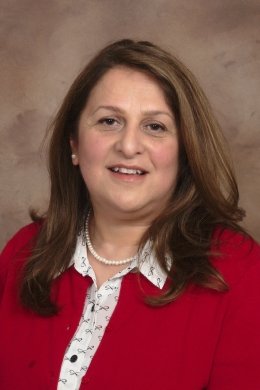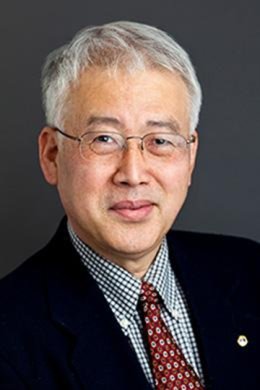
Mechanical Engineering
Ready to learn how to design and manufacture products and systems of the future to help solve the real-world problems of today? Mechanical engineering may be the right major for you.
Jump to
Why Saint Martin's University?
The mechanical engineering degree program at Saint Martin's teaches students how to create solutions for the research, design and manufacturing of products and systems. Students are highly-engaged with faculty on a wide variety of projects and learn in a world-class LEED platinum certified engineering building.
- Pursue a four-year ABET accredited Bachelor of Science in Mechanical Engineering (BSME) and a Master of Science in Mechanical Engineering (MSME), in a 4+1 hybrid BS/MS program.
- Non-competitive system: students who are qualified are accepted into the program.
- A wide variety of student activities, including student chapters of the American Society of Mechanical Engineers (ASME), Society of Women Engineers (SWE), Engineers without Borders (WEB), and the Society of American Military Engineers (SAME).
- Complete service projects abroad while making contributions to the global community.
- A brand new lab building and world-class LEED platinum certified engineering building.
- Small class sizes where students will receive personalized attention and guidance from experienced licensed faculty.
- Saint Martin’s students have had internships and gone on to work with Boeing, Intel, state and federal government agencies, as well as local manufacturing and engineering firms.
What to expect at Saint Martin's
Engineering at Saint Martin’s is growing. An exemplary faculty and strong focus on the undergraduate experience is being coupled with new infrastructure and new technology. Cebula Hall (built in 2013) -- home to the School of Engineering -- is the most energy efficient building with LEED Platinum Certification in the Western Hemisphere. Engineering students are exposed to a broad range of topics that give them the facility to adapt to an ever-changing professional environment. With our faculty’s breadth of knowledge and depth of experience, students have access to a wide variety of specialty courses from aerospace to biomedical engineering.
View our program objectives and outcomes.
Additional benefits include:
- The BS in the Mechanical Engineering Program is accredited by the Engineering Accreditation Commission of ABET, www.abet.org.
- Contact with local engineers and alumni through the Engineering Advisory Board (EAB), which advises students on their education and internships
Research, internships, and study abroad
- Proximity to the Washington state capital allows for access to quality internships opportunities
- Students have had the internships or gone on to work with Boeing, Intel, state and federal government agencies and local manufacturing and engineering firms
- Dean interviews and works with all senior students on their next steps
- STEM internships and career fairs offered each semester
- Students work side-by-side with faculty on research projects
- Yearly real-world projects with Engineers Without Borders in Papua, New Guinea
Faculty spotlight
"My classes are about more than learning how to analyze physical processes. They explore ways of controlling these processes to create something new, something of functional beauty."
Rico Picone, Ph.D.
Director, MSME program
Associate Professor, Mechanical Engineering
The Hal and Inge Marcus School of Engineering
"It has been said famously that science is about knowing while engineering is about doing. Yet in today’s world, engineers must be both discoverers and creators. In my classes, I seek to empower students by revealing the beautiful connections between nature, the physical world at large and engineering creativity."
Daniel R. Einstein, Ph.D.
Associate Professor, Mechanical Engineering
The Hal and Inge Marcus School of Engineering
Mechanical Engineering Requirements
Details on courses, including university core requirements, can be found in the academic catalog.
- University core requirements
- 32 credit hours of math and science courses
- 16 credit hours of general engineering courses
- 52 credit hours of mechanical engineering courses
- Bioengineering
- Design and entrepreneurship
- Fluid mechanics and energy systems
- Intelligent and dynamic systems and analysis
- Numerical analysis
- Biomechanical engineering
- Machine intelligence
- New product development
- Prosthetics and medical devices
- Robotics
Mechanical Engineering at a Glance
- Degree
- Bachelor of Science
- Program Type
- 4+1 Accelerated
- Major
- Campus
- Main (Lacey)
- Type of Instruction
- In Person

 Academic Excellence
Academic Excellence
 Outcomes
Outcomes
 Community
Community











